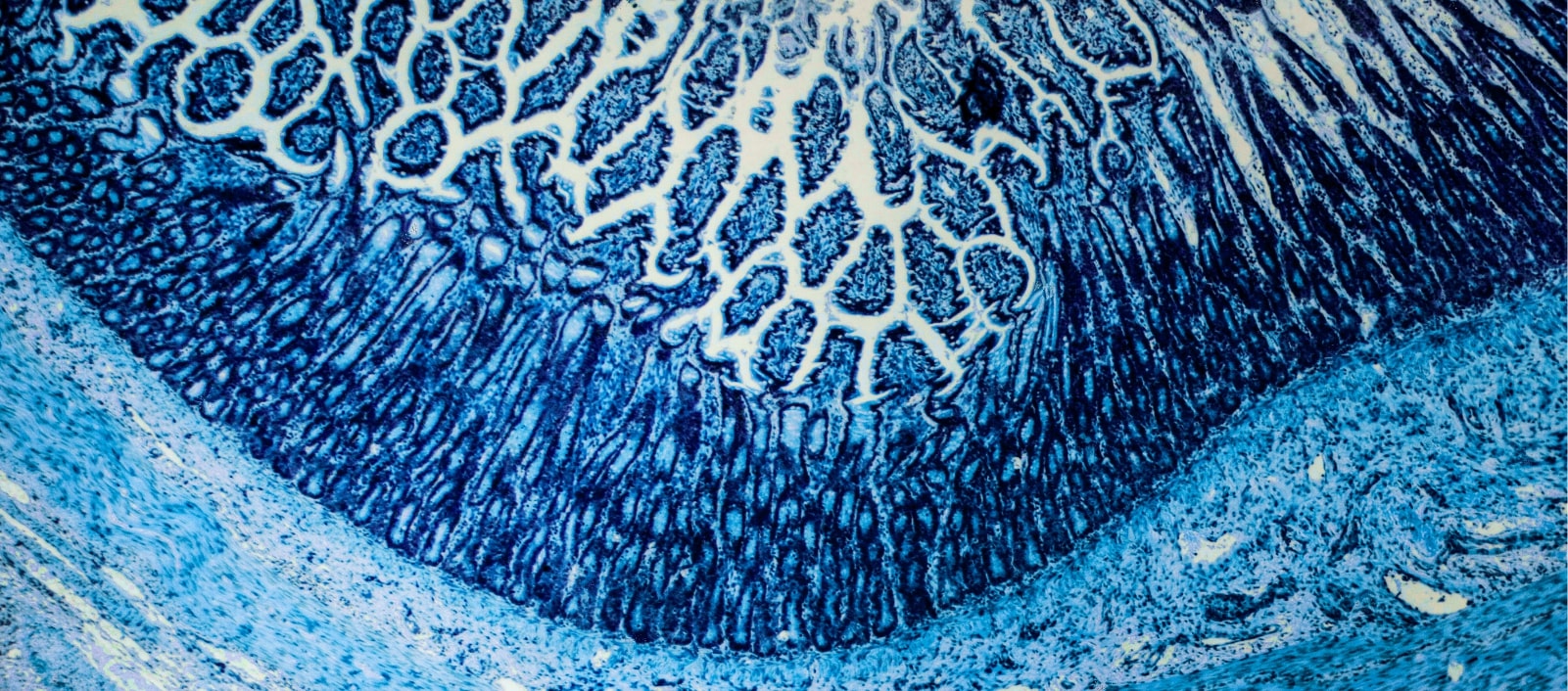Seres Therapeutics Announces Interim Results from SER-109 Phase 2 ECOSPOR Study in Multiply Recurrent Clostridium difficile Infection
- Primary efficacy endpoint was not achieved -
- Conference call at
Study Design and Results
-
Study Design: The Phase 2 study enrolled
89 subjects with multiply recurrent CDI, defined as 3 or more recent
recurrences, in a randomized, double-blind, placebo-controlled 24-week
study conducted to evaluate the safety and efficacy of SER-109.
Subjects were randomized at a 2:1 ratio with 59 subjects receiving
SER-109 and 30 subjects receiving placebo. SER-109 was administered
orally as a single dose, of 1 X 108 bacterial spores,
following the completion of antibiotic treatment for CDI. The study
was conducted at 36 centers across
the United States . Reported interim results reflect the available eight-week study data, including the primary efficacy endpoint, for the intent-to-treat study population. - Summary of Efficacy: The predefined study primary efficacy endpoint is the relative risk of CDI recurrence up to 8 weeks after treatment comparing subjects in the placebo arm with the SER-109 arm. CDI recurrence is defined as diarrhea for 2 or more consecutive days, a positive CDI test, and the requirement for antibiotic treatment. Based on 8-week data, CDI recurrence occurred in 44% of subjects (26 of 59) who received SER-109, compared to 53% of subjects (16 of 30) who received placebo. The relative risk of CDI recurrence for the placebo population compared to the SER-109 population was not statistically significant. As part of the prespecified design, subjects were stratified into two groups: <65 years old and ≥65 years old. In subjects <65 years old, CDI recurrence occurred in 43% of subjects who received SER-109 (12 of 28) and in 27% of subjects who received placebo (4 of 15). In subjects ≥65 years old, CDI recurrence occurred in 45% of subjects who received SER-109 (14 of 31), and in 80% of those who received placebo (12 of 15).
- Summary of Safety: Based on the eight-week data, we did not observe any difference in the adverse event frequency or type in the subjects receiving SER-109 compared to those receiving placebo. The most commonly reported adverse events in both the SER-109 and placebo arms were in the gastrointestinal category. The most common adverse events reported in the SER-109 arm were diarrhea, abdominal pain and flatulence. No drug-related serious adverse events were observed.
Dr. Pomerantz continued: “C. difficile infection treatment
options, including unregulated fecal microbial transplants, remain poor.
The confounding placebo data obtained in this study further highlight
the significant need for new, effective,
Conference Call Information
Seres management will host a conference call today,
About Seres Therapeutics
Forward-Looking Statements
This press release contains forward-looking statements within the
meaning of the Private Securities Litigation Reform Act of 1995. All
statements contained in this press release that do not relate to matters
of historical fact should be considered forward-looking statements,
including without limitation statements regarding SER-109, including our
continuing review and assessment related to the interim results from our
Phase 2 clinical trial of SER-109, our evaluation, in consultation with
the
These forward-looking statements are based on management’s current
expectations. These statements are neither promises nor guarantees, but
involve known and unknown risks, uncertainties and other important
factors that may cause our actual results, performance or achievements
to be materially different from any future results, performance or
achievements expressed or implied by the forward-looking statements,
including, but not limited to, the following: we have incurred
significant losses, are not currently profitable and may never become
profitable; our need for additional funding, which may not be available;
our limited operating history; the unpredictable nature of our
development efforts for marketable drugs; the unproven approach to
therapeutic intervention of our microbiome therapeutics; the lengthy and
expensive process of clinical drug development, which has an uncertain
outcome; potential delays in enrollment of patients which could affect
the receipt of necessary regulatory approvals; potential delays in
regulatory approval, which would impact the ability to commercialize our
product candidates and affect our ability to generate revenue; any fast
track or Breakthrough Therapy designation may not lead to faster
development, regulatory approval or marketing approval; our reliance on
third parties to conduct our clinical trials and the potential for those
third parties to not perform satisfactorily; our reliance on third
parties to manufacture our product candidates, which may delay, prevent
or impair our development and commercialization efforts; our lack of
experience in manufacturing our product candidates; potential
competition from biosimilars; failure to obtain marketing approval
internationally; post-marketing restrictions or withdrawal from the
market; anti-kickback, fraud, abuse, and other healthcare laws and
regulations exposing us to potential criminal sanctions; protection of
our proprietary technology; protection of the confidentiality of our
trade secrets; changes in
View source version on businesswire.com: http://www.businesswire.com/news/home/20160729005385/en/
Source:
IR Contact:
Seres Therapeutics
Carlo
Tanzi, Ph.D., 617-203-3467
Head of Investor Relations and Corporate
Communications
ctanzi@serestherapeutics.com

